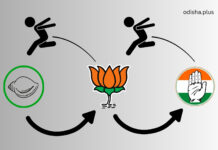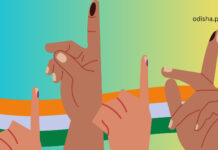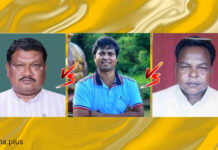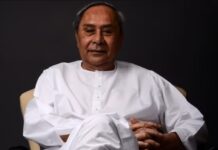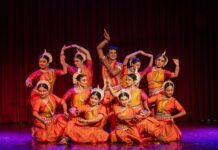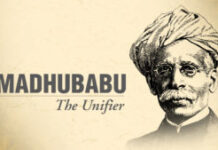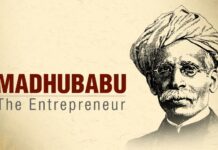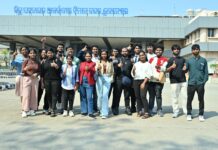Saaransh Mishra
Identities of tribal communities are strongly rooted in their cultural practices. However, as societies march towards modernization, the richness, diversity and depth of tribal cultures tend to get overshadowed by the homogeneity of global norms. It has been a tendency of governments to approach a one-size fits all approach for tribal development that focuses solely on conventional development-driven indicators such as education and employment, which although, extremely pivotal, fail to encompass the intangible elements of tribal communities’ preservation such as their cultural practices, which these communities hold extremely dear.
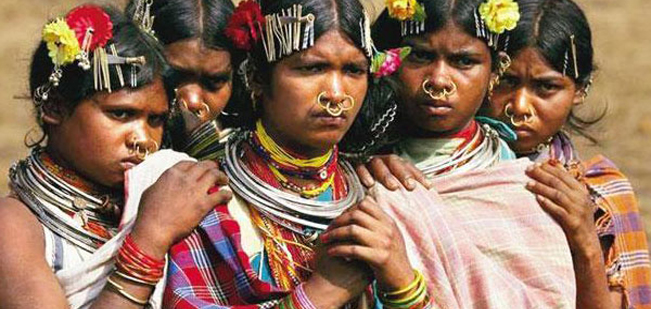
Some would even argue that these cultures practices are significantly more important to these communities over conventional metrics of development that most governments overwhelmingly prioritize. It is understandable that the conventional facets of development are paramount to the socio-economic upliftment of these communities and must be pursued.
But the Odisha Government is seen adopting a well-rounded approach where education, employment, and healthcare etc. for these communities are being looked after, without the preservation of their cultural heritage taking a backseat by any means.
The government’s holistic approach towards tribal communities in the state has seen initiatives focused on showcasing and preserving tribal culture and practices that are an inseparable aspect of their identities.
The work that the ST & SC Development, Minorities & Backward Classes Welfare Department of Odisha is doing for backward communities in the spheres of education, healthcare, entrepreneurship etc. is being recognized in the state. The Chief Minister Naveen Patnaik asserts, “our unique tribal culture enriches our state and our country. There can be no development if culture is not given due importance’.
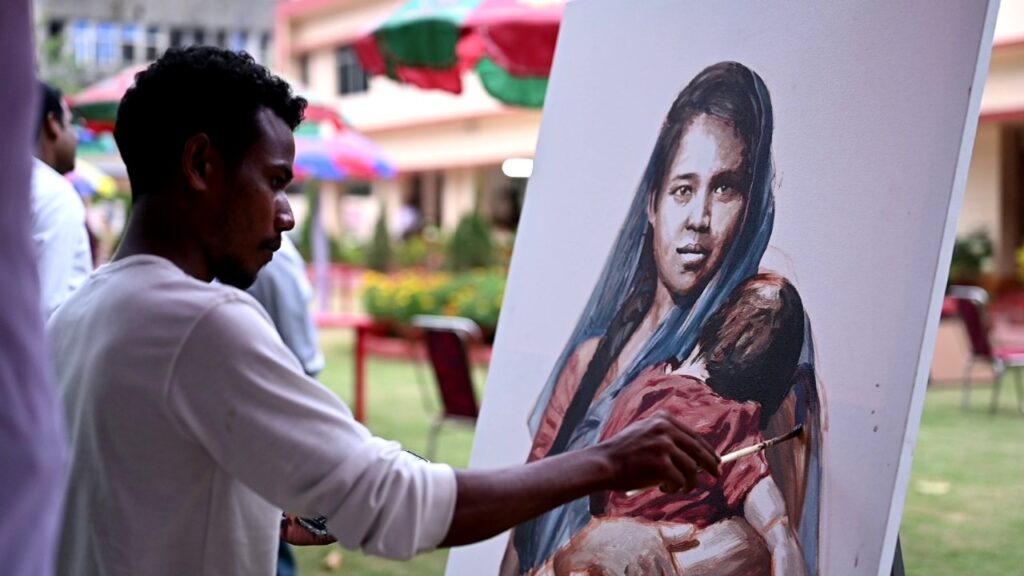
An exhibition on tribal art was recently concluded on 21st November in the capital city of Bhubaneswar, where a three-day workshop involving 25 young tribal artists from across the state culminated into thoughtful paintings depicting the unique and diverse cultural heritage of tribal life. Before this, the Odisha Government’s Backward Classes Department organized a special event on the 16th of November that focused on the distribution of musical instruments and dance costumes to tribal cultural troupes from different districts of Odisha.
The Special Development Councils (SDCs) are at the forefront of tribal development in the state in general, but also the cultural aspect of it. The SDCs were set up in the country as a means to assert and protect tribal identity. In the SDCs, the Government does not really involve itself in the plan formulation, monitoring, implementation and execution. Instead, a majority of the programme proposals come from the people in villages who this has been devised for, and the SDCs only make the fund allotment.
To enhance the SDCs impact on tribal populations, the Government recently expanded its jurisdiction to 23 districts from the previous 9 in the state and now directly touches the lives of 84 lakh people of Odisha. The SDCs are designed in a way where there are funds allocated to the usual metrics of development such as infrastructure, education, skill-training etc., but there is also a section that is purely dedicated to culture. This indicates the Odisha Government’s approach and willingness to preserve these tribal communities as a whole instead of imposing modernity on them, in the more traditional sense.
Through education, skill-training, communication, and empowering initiatives such as Mission Shakti, the Government is encouraging an entrepreneurial shift within these communities. This, combined with the Government’s efforts towards cultural preservation of these communities could enable them to undertake entrepreneurial ventures related to elements of their cultural heritage such as art, music, poetry etc. This way, although the government is paving the way for self-sufficiency of tribal communities, their cultural identity remains intact.
(Saaransh Mishra is an independent consultant dealing in HR, Media & Communication. Views are Personal)


